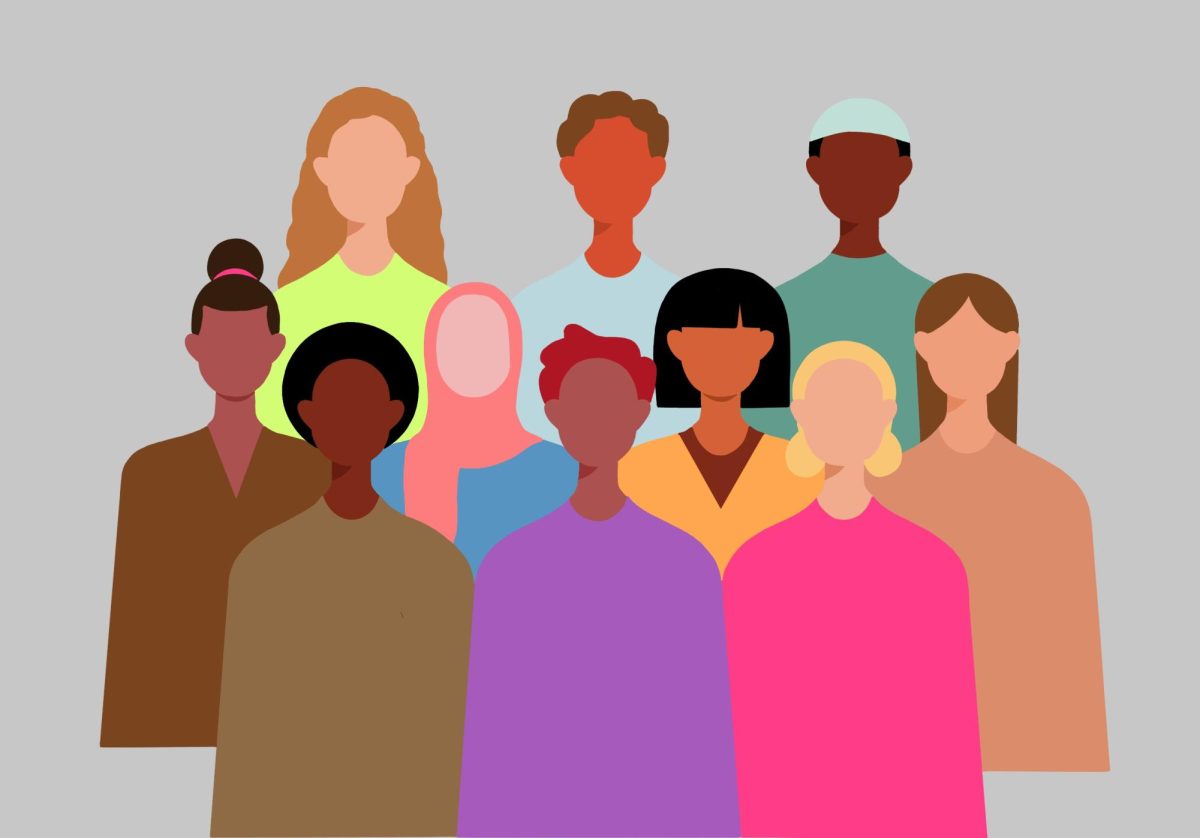With a presidential election approaching and the two primary candidates all but known, is voting for a third-party candidate a viable option?
Leo’s Take:
The two-party voting system may be deeply flawed, but third-party voting will only exacerbate the political corruption plaguing the United States of America in this era of right-wing extremism and polarization.
Consider the 2000 presidential election, when Democratic nominee Al Gore faced off against Republican nominee George Bush. Ralph Nader of the Green Party drew a significant number of votes away from Gore, according to a study from Bucknell University. Bush won the election by a slim margin after securing a hair-thin victory in Florida, which the study credits to Nader’s third-party campaign.
The Bush administration left permanent damage on the country after declaring war on Iraq and refusing to sign the Kyoto Protocol, an international treaty to reduce greenhouse gas emissions. A survey from Gallup reported his lowest approval rating as 25% in October of 2008.
With the 2024 election on the horizon, independents like Robert Kennedy Jr. and Cornel West pose a genuine threat to President Joe Biden’s reelection. Fed up with former President Donald Trump’s antics but equally disapproving of the Biden administration, many voters are considering these third-party candidates as alternatives. They’re making a terrible mistake.
The Trump administration wreaked havoc on the United States, threatening our country with unforeseen political corruption and violence. Given four more years, there’s no telling what damage Trump could do. The 2024 election is an existential vote for our democracy, and Americans must put ideology and self-interest aside.
Now is not the time for two-party reform — it’s the time for ensuring our country upholds its most fundamental democratic principles. Like with the 2000 election, a third-party candidate will deprive Biden of votes, increasing the likelihood Trump takes power again.
At this moment, the future of America rests heavily on our shoulders. Trump or Biden? Pick a side.
Abiha’s Take:
In an increasingly divisive political sphere, one thing that most voters can agree on is their lack of options. Candidate Donald Trump is inching closer to a nomination, currently winning the Republican vote at 75.8%. Trends point to the 2024 election resulting in a rematch between Trump and incumbent President Joe Biden — but that doesn’t mean voters like it.
Many Americans are reporting they want more candidates to choose from, pushing the door open for third-party candidates. Although voting third party has historically been frowned upon, Americans deserve the autonomy to create a democracy they can be proud of. That starts by embracing the third party.
63% of US adults currently agree that a third “major party” is needed to bridge the lack of representation afforded between the Democratic and Republican parties — the highest percentage in years. That number is beginning to gain more significance.
In the past, voters have been hesitant to vote third-party because the practice has been equated with “throwing away your vote,” but upholding the tenets of democracy becomes increasingly difficult when your options have slimmed down to a candidate known by the nickname “Genocide Joe” and a former president whose Twitter fingers fueled an insurrection.
While third-party candidates have had a historically slim chance at election, the 2024 election presents a unique opportunity to challenge that status quo. There is no reason American voters should have to choose between two evils. This election could change that legacy.
Leo’s Rebuttal:
Just because a majority of Americans support the idea of third-party voting doesn’t mean they will actually vote third-party. Since 2000, no third-party candidate in the United States presidential elections has received more than 5% of the popular vote or any electoral votes, according to Statista.
Lacking the political clout and resources of the Democratic and Republican parties, all third-party candidates stand to do in 2024 is strip Biden of votes and give Trump an edge, which does nothing to change our country’s political legacy.
Trump poses a threat to racial minorities, the LGBTQ+ community, working-class people and anyone who is not white, straight, Christian, cisgender and male. If Biden is “evil,” then Trump is incomprehensibly worse.
While I fully agree that multiple political parties would create a more democratic society, I believe right now our democracy itself is on the line. If we want a future for third-party candidates, we cannot let Trump and his authoritarian tactics prevail. There may be no ideal candidate for the 2024 election, but to overcome this era of dangerous political instability, Biden is our only shot.
Abiha’s Rebuttal:
While I can agree that Americans are being presented with two bad options, comparing this election to others ignores how historic 2024 truly is. While third-party candidates usually have slim to no chance of winning the election, that simply isn’t true anymore.
In a June poll, 49% of Americans reported it was somewhat or very likely they would consider voting for a third-party candidate in 2024 if Trump and Biden were the primary nominees. While I can agree that in the past, voters have failed to pour their frustration with candidates into their voting practices, there is a high likelihood that 2024 will change that tide.
Even if third-party candidates don’t win the election, voting for them still has a positive effect on democracy. Ralph Nader’s 2000 presidential campaign as a Green Party nominee may have been unsuccessful, but he succeeded in raising awareness for issues that had widely gone ignored by mainstream media. By centering his platform on environmental issues, corporate reform and consumer rights, he ultimately brought more media attention to those areas.
Third-party campaigns force candidates to appeal to a greater variety of voters. Because third-party voters are more likely to feel disenfranchised by the political system, forcing politicians to appeal to their concerns is extremely important. In simpler words: our democracy becomes more representative when voters break the two-party expectation.
It’s clear Americans deserve better than candidates they don’t feel represented by. While third-party hasn’t caused drastic change historically, comparing this election to any others is a false equivalence. Change only happens when voters demonstrate that they want it.
What do you think
Is voting third-party worth it? Let us know your thoughts either in our comments section, or write a letter to the editor at [email protected].



















